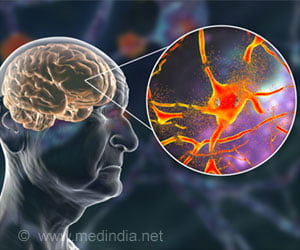Standard cognitive tests designed to detect memory loss verified a 19-year-old boy’s probable diagnosis of Alzheimer’s disease.
- Researchers have reported a case where a 19-year-old boy’s memory progressively degraded over two years and he can no longer recall any past events or where he had stored his belongings
- They are suspecting this to be the world’s youngest case of Alzheimer’s disease
- The biggest risk factor for Alzheimer’s disease is becoming older, which makes this recent case so unusual
What are the Symptoms of Alzheimer’s Disease?
Alzheimer’s disease symptoms include memory loss and hippocampal shrinking, which is thought to be a precursor to the illness. Due to his illness, he had to quit high school early.On January 31, 2023, this study was published in the Journal of Alzheimer’s Disease.
Early Onset Alzheimer’s Disease
“The study proposed to pay attention to the early-onset Alzheimer’s disease. Exploring the mysteries of young people with Alzheimer’s disease may become one of the most challenging scientific questions of the future,” the authors said in the paper.“This is the youngest case ever reported to meet the diagnostic criteria for probable Alzheimer’s disease without recognised genetic mutations,” the authors added.
According to the authors, the adolescent’s performance on the regularly used auditory verbal learning test, which assesses immediate memory, short-delay free recall, long-delay free recall, and long-delay recognition, was abnormal.
What is the Cause of Alzheimer’s Disease?
The precise causes of Alzheimer’s are still unknown, but a hallmark of the disease is the accumulation of proteins in the brain: beta-amyloid and tau. In Alzheimer’s patients, beta-amyloid is commonly found outside of neurons (brain cells), while tau “tangles” are located inside axons, the long, slender projections of neurons.Yet, examinations of the 19-year-brain olds revealed no evidence of these traits. The researchers did, however, discover abnormally high quantities of a protein known as p-tau181 in the patient’s cerebrospinal fluid. This usually occurs before the creation of tau tangles in the brain.
Source-Medindia












